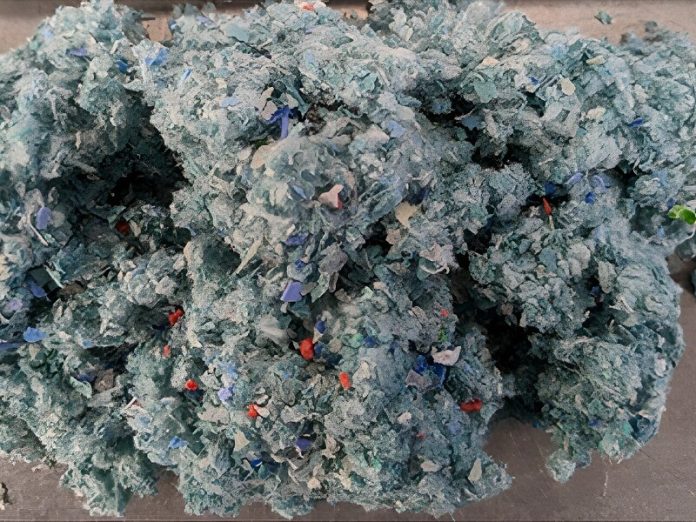
Single-use healthcare items like gloves, masks, and surgical tools have become a massive environmental problem.
These items are usually thrown away after one use, leading to mountains of plastic waste.
The COVID-19 pandemic made this issue even worse, with an enormous increase in disposable items.
Fortunately, researchers at Chalmers University of Technology in Sweden have developed a new method to recycle this waste safely and efficiently.
Medical waste is difficult to recycle because it often contains different types of plastics and is considered contaminated, which means it can spread infections.
This waste is usually burned or sent to landfills, but both methods are harmful to the environment. In 2022 alone, used face masks were estimated to weigh around 2,641 metric tons per day worldwide.
The new recycling method developed by Chalmers researchers is called “thermochemical recycling.” This process uses a technique called “steam cracking” where the waste is mixed with sand and heated to very high temperatures (up to 800°C).
This breaks down the plastic molecules into a gas that contains the building blocks for new plastic.
This process not only breaks down the plastic but also destroys any bacteria or microorganisms, making it safe to handle.
The researchers tested this technology in two projects. In the first, they recycled specific items like face masks and plastic gloves.
In the second, they used a mix of different plastic materials similar to the waste from hospitals. Both tests were successful, showing the potential of this technology to handle mixed medical waste.
Thermochemical recycling offers several advantages:
- Purity and Quality: The process breaks down the plastic to its molecular level, allowing the production of new, high-quality plastic suitable for medical use.
- Environmental Impact: It helps reduce the amount of waste that ends up in landfills or is incinerated.
- Resource Efficiency: It allows the recovery of valuable carbon atoms, aligning with the principles of a circular economy.
To make this method widely available, new material flows and business models need to be developed.
This requires collaboration between the healthcare sector, recycling companies, and the chemical industry. Laws and regulations may also need to change to support this new recycling technology.
In Sweden, there is interest in recycling, but the amount of medical waste alone is not enough to make a circular business model profitable.
Around 4,000 metric tons of such plastic were produced in Sweden in 2019, but a plant would need about 100,000 metric tons of waste per year to be profitable. Combining medical waste with other types of plastic waste could make this feasible.
Thermochemical recycling is a promising solution to the growing problem of medical plastic waste.
By breaking down plastics to their molecular level, this technology can create new, high-quality plastic while reducing environmental impact.
With the right support and collaboration, this method could revolutionize how we handle medical waste and contribute to a more sustainable future.



